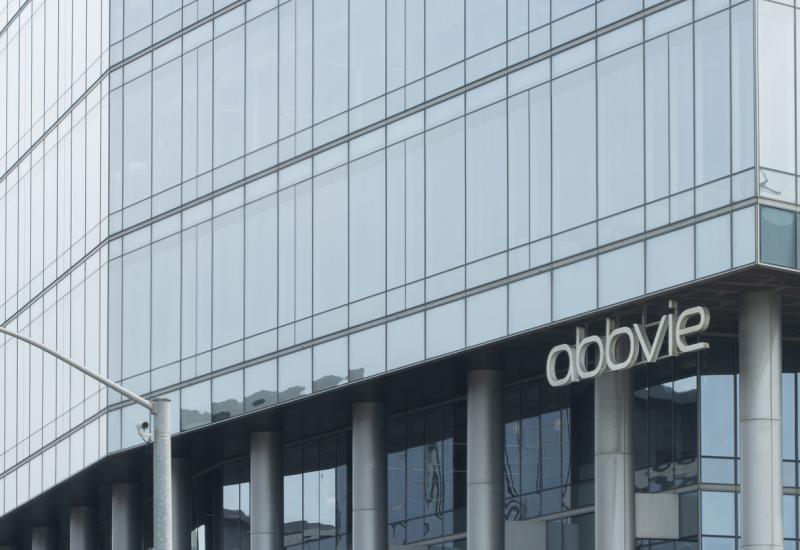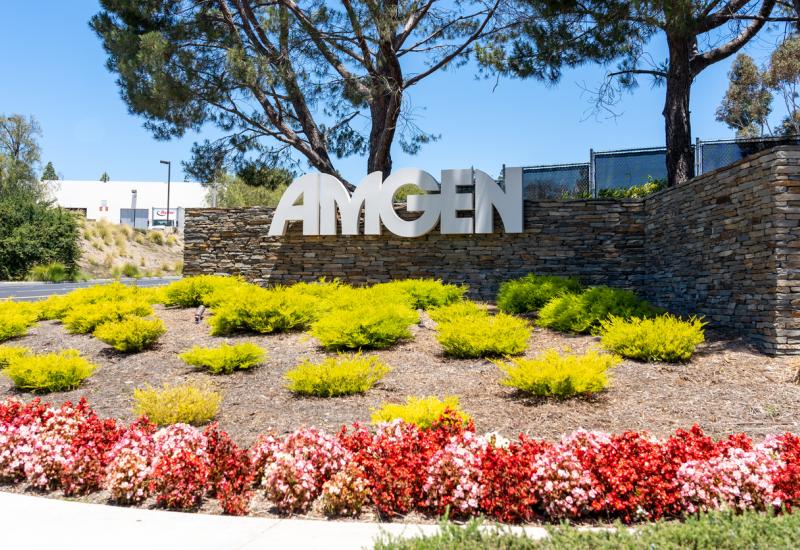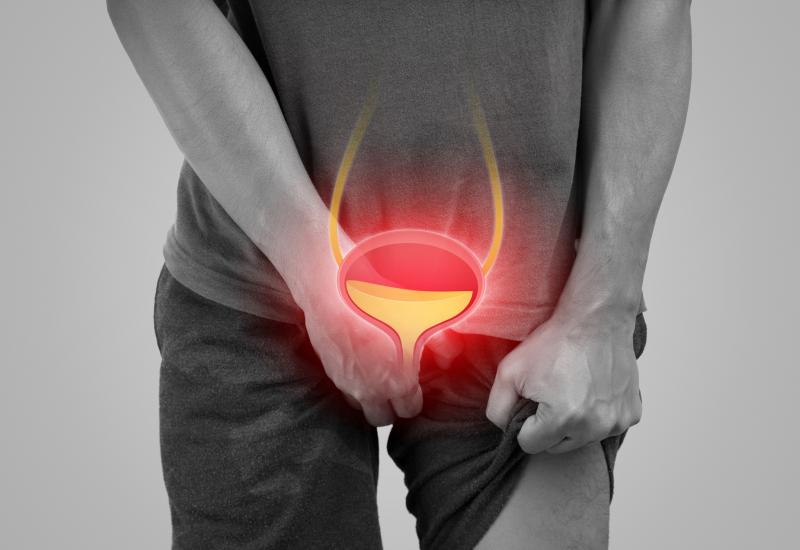
Mersana faces the inevitable
Emilta-L continues to show worse efficacy than a rival ADC discontinued by Pfizer.
Emilta-L continues to show worse efficacy than a rival ADC discontinued by Pfizer.

Mersana's attempt at reheating an unconvincing phase 1 dataset concerning its anti-B7-H4 ADC emiltatug ledadotin didn't cut any ice on Thursday with investors, who sent the group's stock down 17%.
The best that can be said is that the company has claimed two new responses, for a confirmed ORR of 31%, up from the 23% it cited in January in the same 26 patients. However, this is still a heavily curated dataset, focusing only on patients expressing B7-H4 at 70% or higher, and given what Mersana calls "intermediate" emilta-L doses of 38.1-67.4mg/m2.
Across all levels of B7-H4 expressions the study has actually now treated 141 subjects, including 83 given the 38.1-67.4mg/m2 doses. The results are central to what remains of Mersana's investment case since the company doubled down on emilta-L and cut 55% of its workforce earlier this month.
The phase 1 dataset comprised breast ovarian and endometrial cancers and adenoid cystic carcinoma, but the focus for emilta-L is triple-negative breast cancer. Unfortunately for Mersana, the two new responses did not occur in this cancer type, so for the curated 13 TNBC patients the confirmed ORR stands at 23% – unchanged from January.
This left Mersana digging yet further into the subgroups, to claim a 29% ORR among the seven TNBC patients who were B7-H4-high and happened to have received four or more prior treatment lines in the metastatic setting. There were no responses among the subgroup of 11 similar patients who had B7-H4 "low" expression, the company said.
Mersana's evolving emilta-L dataset
| Cutoff | All cancers with B7-H4≥70%, given “intermediate” doses | TNBC with B7-H4≥70%, given “intermediate” doses |
|---|---|---|
| 13 Dec 2024 | cORR 23% (6/26) | cORR 23% (3/13) |
| 8 Mar 2025 | cORR 31% (8/26) | cORR 23% (3/13) |
Source: OncologyPipeline.
Whatever analytical gymnastics the company performs with this dataset, the uncomfortable fact remains that emilta-L is underperforming a competing anti-B7-H4 ADC, felmetatug vedotin, whose data weren't convincing enough to persuade Pfizer to press ahead.
Felmeta-V had to its name a 35% ORR among 16 TNBC patients with B7-H4 expression down to 25%, as well as some responses in even lower expressers. Nevertheless, Pfizer revealed its discontinuation in February, citing a low probability of it showing a "meaningful improvement over standard-of-care chemotherapy".
Optimists might argue that emilta-L could achieve more at higher dosing, but here the molecule is clearly limited by its toxicity. The latest update revealed a 43% rate of liver enzyme elevations among all 44 TNBC patients treated at intermediate dosing, including 18% at grade 3.
If emilta-L turns out to be untenable Mersana has one remaining chance at redemption, courtesy of XMT-2056, a Sting-agonist-based conjugate against HER2 over which GSK has an option. However, the only update promised this year for XMT-2056 concerns its pharmacology, and GSK has recently shown that it's in no mood for underwhelming oncology assets.
2325













